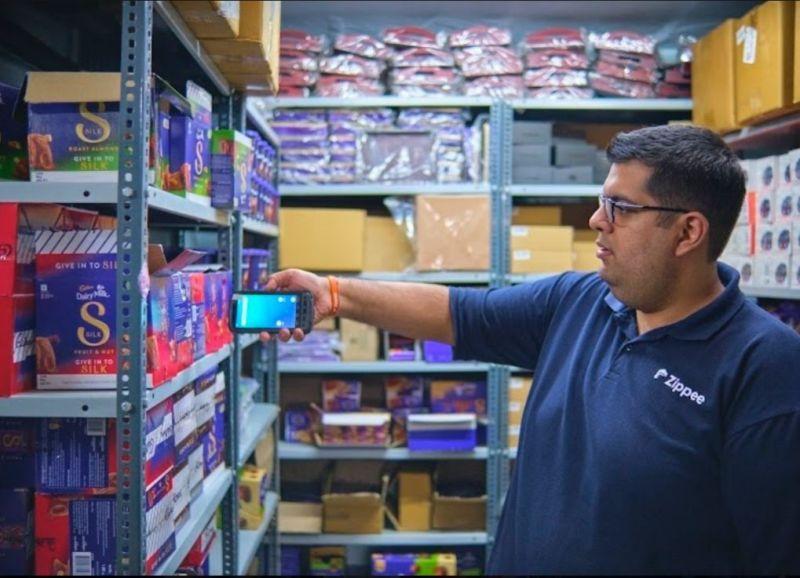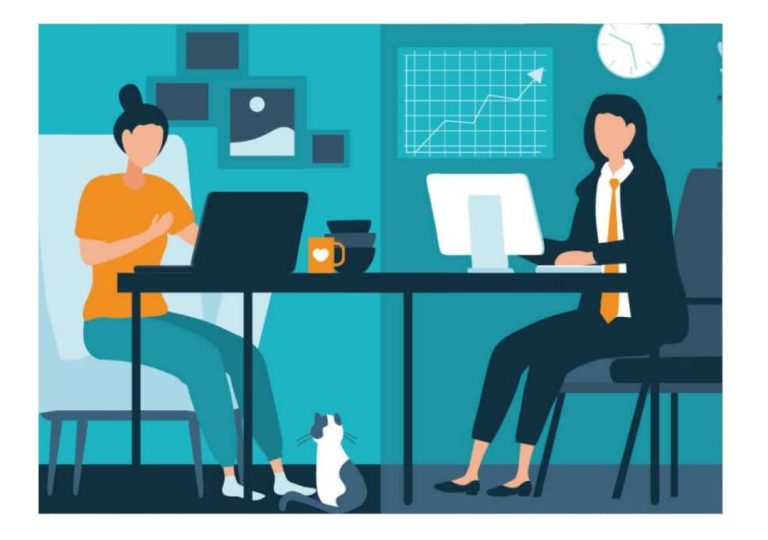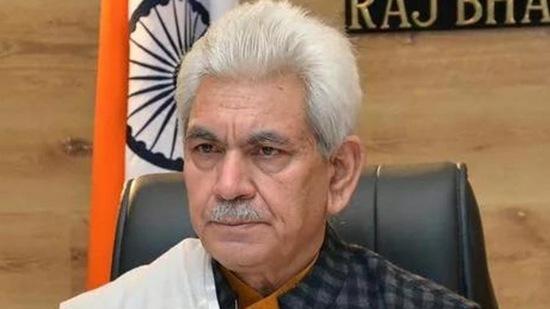
Zippee Founder Flags Safety Risks in PhonePe’s Pincode Healthcare
The Indian healthcare industry has been witnessing a revolution in recent years, with the rise of digital platforms and innovations in logistics. PhonePe, one of the leading digital payment providers, has recently launched a Pincode-based healthcare delivery model, aiming to make healthcare more accessible and convenient for patients. However, Madhav Kasturia, the founder of Zippee, a healthcare logistics startup, has raised concerns over the safety risks associated with this model.
In an exclusive interview with Ascendants, Kasturia emphasized that treating pharmacies as fulfillment centers risks compromising the quality of medicines, cold chain compliance, and patient safety. He stressed that healthcare logistics require stricter controls than FMCG (Fast-Moving Consumer Goods) and that trust and traceability must not be compromised for convenience.
PhonePe’s Pincode healthcare delivery model allows patients to order medicines online and have them delivered to their doorstep. The company has partnered with local pharmacies to act as fulfillment centers, which collect the medicines from the manufacturer and deliver them to the patients. While this model promises to revolutionize the way patients access healthcare, Kasturia believes that it poses significant risks to the quality of medicines and patient safety.
According to Kasturia, the lack of control over the entire logistics chain, from the manufacturer to the patient, increases the risk of counterfeit medicines entering the market. “In FMCG, the focus is on speed and convenience, but in healthcare, the stakes are much higher. Medicines are a matter of life and death, and we cannot compromise on quality,” he said.
Another concern raised by Kasturia is the risk of cold chain non-compliance. Pharmaceuticals are sensitive products that require precise temperature control during transportation to maintain their efficacy and safety. However, with pharmacies acting as fulfillment centers, there is a risk of temperature fluctuations and human error, which can compromise the quality of the medicines.
Moreover, Kasturia believes that the Pincode healthcare model undermines the trust and traceability that patients have come to expect from healthcare providers. “Patients have a right to know the origin and quality of the medicines they are taking. With this model, there is no transparency, and patients are left in the dark,” he said.
Zippee’s founder also emphasized the need for stricter controls in healthcare logistics. “Healthcare requires a more robust and controlled logistics system than FMCG. We need to ensure that medicines are stored, transported, and delivered in a way that maintains their quality and safety,” he said.
In contrast, Kasturia believes that Zippee’s approach to healthcare logistics is more patient-centric. “We focus on building a robust and controlled logistics system that ensures the quality and safety of medicines. We work closely with manufacturers, hospitals, and patients to provide a seamless and transparent experience,” he said.
Kasturia’s concerns are not unfounded. There have been several instances of counterfeit medicines and logistics failures in the Indian healthcare industry, highlighting the need for stricter controls and transparency.
In conclusion, while PhonePe’s Pincode healthcare delivery model promises to revolutionize the way patients access healthcare, it poses significant risks to the quality of medicines and patient safety. Madhav Kasturia’s warnings serve as a reminder that healthcare logistics require stricter controls than FMCG and that trust and traceability must not be compromised for convenience.
As the Indian healthcare industry continues to evolve, it is essential to prioritize patient safety and quality over convenience. Kasturia’s concerns should serve as a wake-up call for healthcare providers, policymakers, and regulators to work together to ensure that the healthcare logistics system is robust, transparent, and patient-centric.






